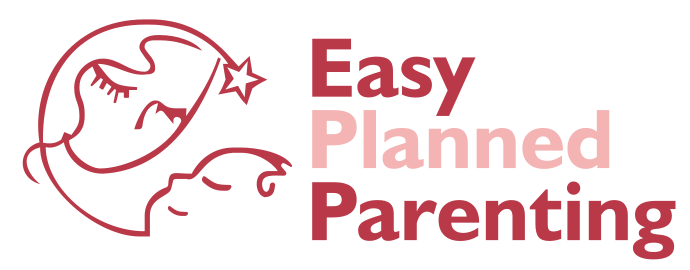The Most Common Reason for a Toddler Covering Their Ears
As toddlers begin to develop, they’re becoming more aware of the world around them. They’re also developing their own preferences and dislikes, which can manifest in a toddler covering their ears with both hands when they hear loud or unpleasant noises.
This could be something as simple as a dish crashing in the sink or a car horn honking outside. Toddlers are still getting used to the way their own bodies work, so they may not have the language to express that they don’t like loud noises yet. But that’s not all there is to it, right?
If your toddler keeps covering their ears even when there’s no loud noise around, it could be a sign that they’re overloaded and overstimulated. In this case, it’s best to take a break from whatever activity you’re doing and let them rest. They might also be feeling anxious or stressed, and covering their ears is a way of self-soothing.
Can It Be a Symptom of an Ear Infection?
If your toddler is also rubbing or pulling on their ear, it could be a sign that they have an ear infection. Ear infections are more common in young children because their ear tubes are still developing and are more likely to become infected after a cold or flu. Here are some other symptoms to look out for:
- fever;
- irritability;
- loss of balance;
- fluid draining from the ear;
- trouble sleeping.
If you suspect your toddler has an ear infection, it’s best to take them to the doctor so they can prescribe the appropriate medication.
Is Your Toddler Covering Their Ears a Sign of Autism?
You may also wonder if a toddler covering their ears might be a sign of autism. While it can be a symptom, it won’t be the only one – or the most noticeable one. If you see no other signs of autism and your toddler’s hearing is fine, then it’s likely that they’re just overwhelmed by noise.
Children with autism are more sensitive to sensory input, so they may cover their ears as a way of filtering out overwhelming noise. They might also flap their hands, spin in circles, or pace back and forth. Another telltale symptom is a lack of eye contact. If you’re concerned that your toddler might be on the autism spectrum, talk to their pediatrician.
Avoid Taking Your Toddler to Crowded Places
Have you ever been in a crowded place and felt your ears start to hurt? It’s not just you – loud noises can be painful for anyone, especially if you’re sensitive to them.
Toddlers are still getting used to all the new sounds and sensations in the world, so it’s no wonder that they sometimes need a break from it all. If you’ve noticed your toddler covering their ears more often, try to avoid taking them to crowded places like the mall or a busy park.
Instead, opt for quieter activities that will be less overwhelming for them. Try to arrange a babysitter or family member to watch them for a few hours each week so you can run errands without taking your child along.
When to Talk to Your Doctor
If you’re concerned that your toddler covering their ears with both hands might be a sign of something more serious, it’s always best to talk to their doctor. They can rule out any medical conditions and offer advice on how to best support your child. Here are a few situations when you should definitely give them a call:
- If your toddler is also running a fever or has other symptoms of an ear infection.
- If your toddler is showing other signs of autism.
- If your toddler is excessively irritable or has trouble sleeping.
- If you’re concerned about anything else.
No toddler is the same, so it’s important to trust your gut and listen to what your child is trying to tell you – even if they can’t use words yet. If you’re ever unsure, don’t hesitate to reach out to a pediatrician for guidance.
Similar Posts:
- Toddler Playing With Poop – a Sign of Autism? How to Manage It
- Dried Blood in Ears: Toddler Ear Bleeding and More
- Toddler Tilts Head to One Side Occasionally – Is Head Tilting Normal?
- Toddler Hitting Himself: 6 Causes and Ways to Stop It
- Why Is My Toddler Always Sick? How Many Infections Are Too Many

















